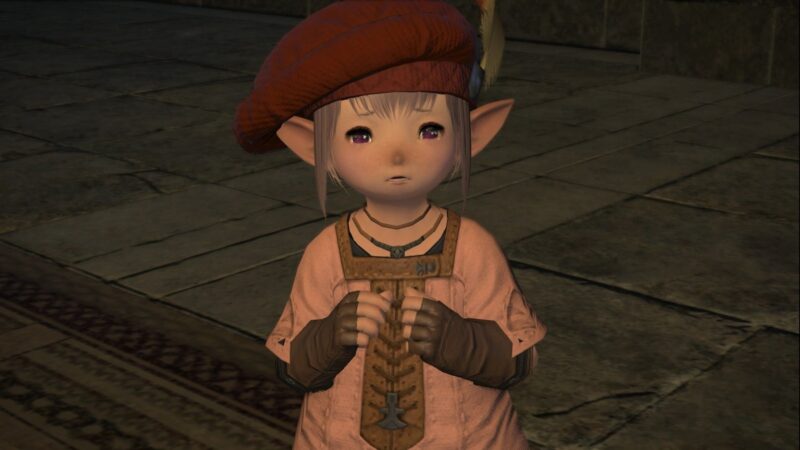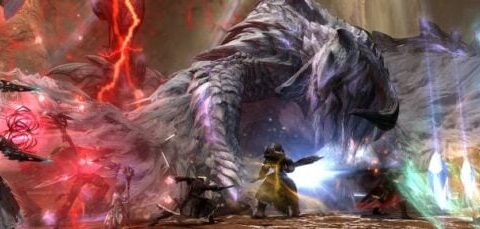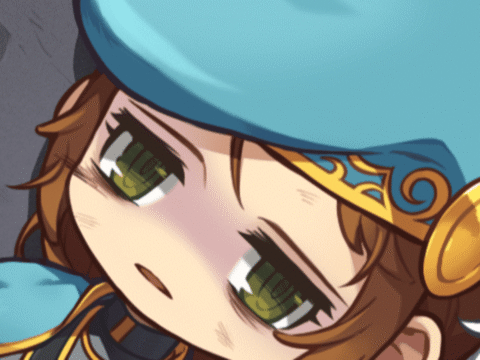In the realm of MMOs, Japan isn’t exactly at the forefront. While Square Enix has gifted us with the highly praised Final Fantasy XIV, and Sega has kept Phantasy Star Online 2 thriving (revitalized through New Genesis), Bandai Namco made an attempt with Blue Protocol, though it didn’t last long. Aside from these titles, not much else truly stands out. Meanwhile, South Korea has established a stronghold of legendary MMOs. So, what’s the reason behind this disparity?
A significant part of the explanation lies in gaming culture. Japan has always prioritized console gaming. From the initial NES and PlayStation eras to the present-day Nintendo Switch, gamers in Japan generally favor single-player or local multiplayer experiences. Conversely, MMOs flourish in the realm of PC gaming—a domain South Korea dominates due to its entrenched PC cafe culture. This environment has enabled Korean developers to produce genre-defining classics like Black Desert Online, MapleStory, Lost Ark, Aion, and TERA.
Japan’s emphasis on console gaming simply hasn’t aligned with the always-online, keyboard-and-mouse environment of MMOs.
Additionally, there’s the matter of player preferences. Japanese gamers have a longstanding affection for story-driven, single-player RPGs. They continue to appreciate their Classic JRPGs, rich with emotional narratives, stylized characters, and intricate worldbuilding. In contrast, MMOs typically embrace open-ended gameplay, player interaction, grinding, and competitive elements. Such gameplay doesn’t always resonate with the Japanese gaming audience.
Monetization strategies also play a role. Korean MMOs are recognized for their aggressive free-to-play models, filled with microtransactions and pay-to-win features. Japanese developers, however, are usually more conservative. They often steer clear of monetization methods that might appear predatory or risk alienating their player base, particularly in a market that values consumer trust.
Another consideration is global scalability. MMOs typically need to achieve international success to be profitable, requiring effective localization, marketing, and support across diverse regions. Japanese companies often prefer to concentrate on their domestic markets, where they possess greater familiarity with the audience and business environment.
There’s also a deeper design philosophy at play.
Japanese games often focus on tightly crafted stories, detailed characters, and meticulously designed worlds. On the other hand, MMOs encourage player freedom—promoting grind-heavy progression, PvP combat, and community-driven narratives. While Korean gamers might relish climbing leaderboards and engaging in chaotic large-scale raids, many Japanese players might simply wish to explore a stunning world at their own pace, without the distraction of countless strangers.
So, why doesn’t Japan produce more MMOs? It’s a blend of cultural inclinations, market priorities, monetization approaches, and risk tolerance. However, there may be a shift on the horizon. As technology advances and player preferences evolve, Japan’s footprint in the MMO space could be transitioning to something new. Perhaps changes will emerge once Blue Protocol: Star Resonance is launched—and hopefully becomes a significant success.
Related articles

Lost Ark: 9-Week Event Begins With Tomorrow’s Update
Sep 17, 2025













